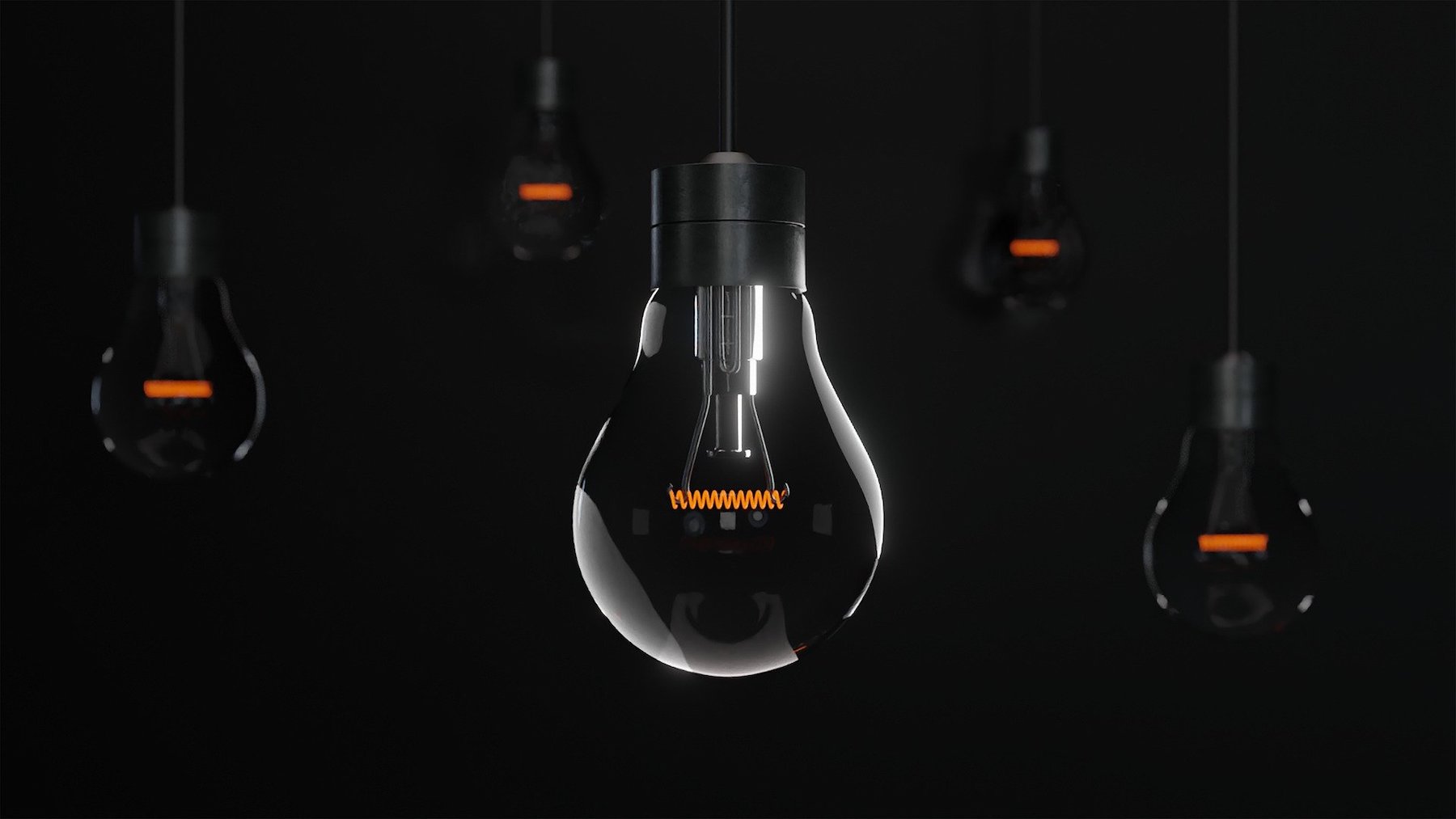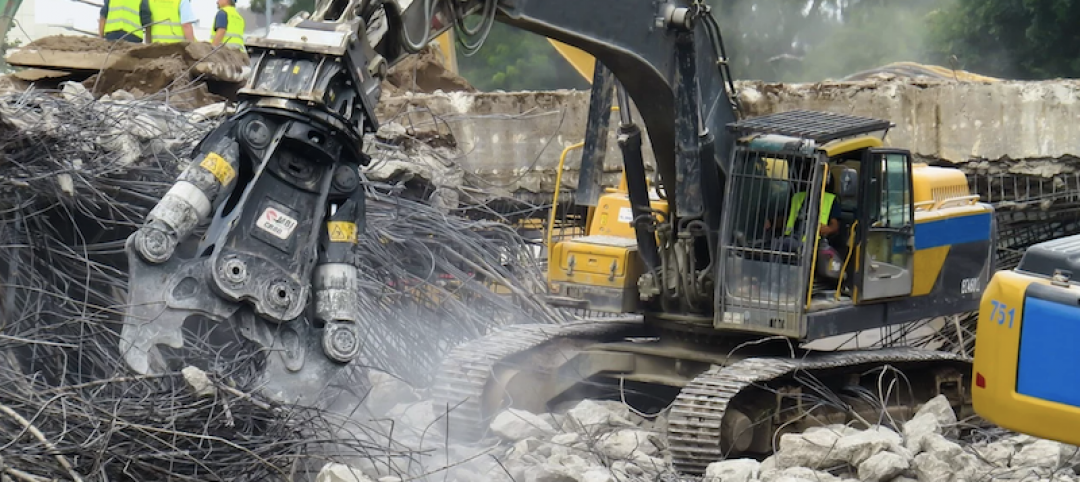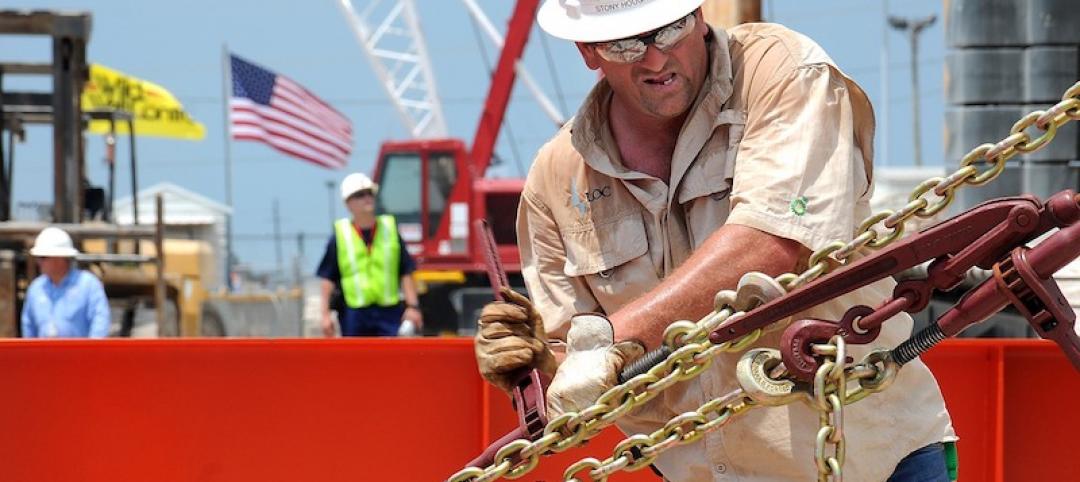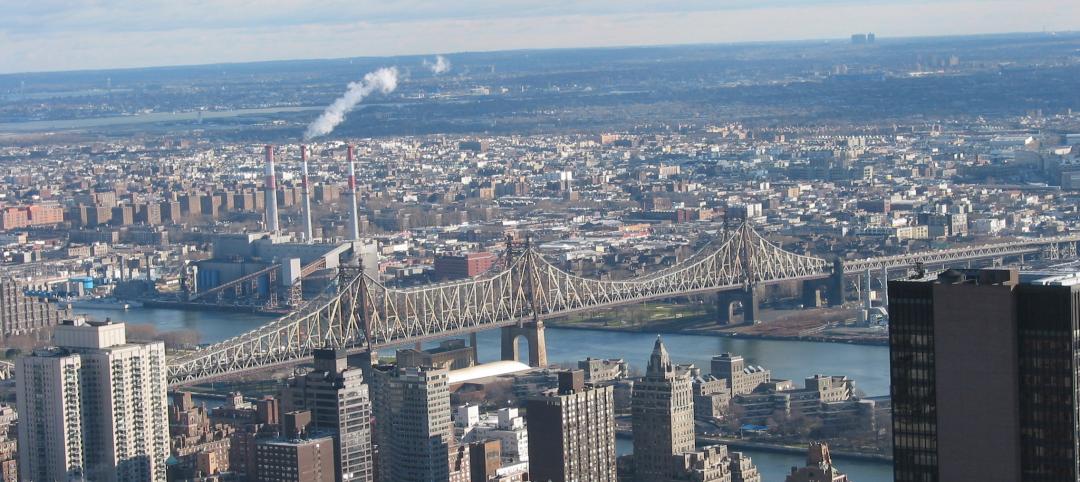The U.S. Dept. of Energy has awarded a total of $32 million for more than 30 next-generation building retrofit projects that will dramatically improve affordable housing technologies, according to a DOE news release.
Seven organizations will use the money to test renovation techniques that reduce disruption to tenants while upgrading the energy and environmental performance of buildings more quickly, affordably, and effectively, the release says. The techniques, such as prefabricating walls and drop-in replacements for heating, cooling, and hot water systems, can “revolutionize construction and renovation.”
They can also help decarbonize America’s 130 million buildings at the rate needed to address the climate crisis and meet President Biden’s goals of a net zero carbon economy by 2050, the release says. The projects are intended to drive the development of new technologies, practices, and approaches, and ensure these efficient and low-carbon innovations are widely deployed.
The awards will be used to implement numerous materials including prefabricated, super-insulated wall retrofit panel blocks, a wall system with vacuum insulated panels, a heat pump pod, a solar photovoltaic-integrated multi-functional heat pump system for space and water heating, and software tools to properly size and install retrofit packages. The selected organizations will also advance DOE’s Advanced Building Construction Collaborative, which connects companies working in prefabricated, modular, and other industrialized construction techniques with building owners, developers, financiers, utilities, and researchers to modernize the construction industry and buildings sector.
Related Stories
Codes and Standards | Dec 10, 2019
Utilities rolling out more grid-interactive efficient building programs
Focus is on energy savings and demand flexibility.
Codes and Standards | Dec 9, 2019
Canada’s Zero Carbon Building Standard reports first 10 certifications
Projects include new and existing offices, schools, and warehouses.
Codes and Standards | Dec 6, 2019
New research examines flood mitigation policies in the U.S.
Thirteen states or cities have adopted effective measures; some restricting development in vulnerable areas.
Codes and Standards | Dec 5, 2019
USGBC unveils vision for LEED Positive
Roadmap will lay foundation for a future LEED that is regenerative.
Codes and Standards | Dec 5, 2019
Report shows reducing embodied carbon can save money and help mitigate climate change
Embodied carbon now accounts for 11% of global greenhouse gas emissions.
Codes and Standards | Dec 5, 2019
Dubai, London and New York are 2019’s ‘Construction Mega Cities’
From 2007 to 2025, GlobalData expects the cities’ combined gross domestic product (GDP) to increase by more than US$8 trillion to US$20.4 trillion.
Codes and Standards | Dec 2, 2019
New GBCI certification recognizes expertise in sustainability
Provides third-party verification of competency to ‘making the world more economically, socially, and environmentally sustainable.’
Codes and Standards | Dec 2, 2019
New tool allows users to learn how to reduce embodied carbon
Calculator delivers first digitized EPDs.
Codes and Standards | Dec 2, 2019
Trade group challenges St. Petersburg, Fla., ordinance on construction contract mandates
Legality of requirement to hire apprentices, disadvantaged workers at issue.
Building Owners | Dec 2, 2019
What building owners and AEC teams need to know about New York’s Climate Mobilization Act
On April 18, 2019, the New York City Council passed the Climate Mobilization Act, a suite of laws aimed to meet the city’s commitment to achieving carbon neutrality by 2050.

















